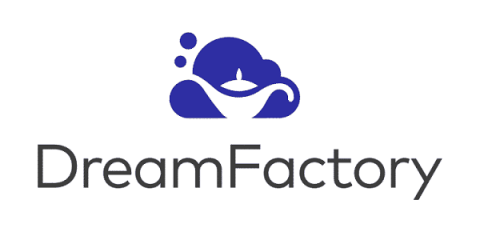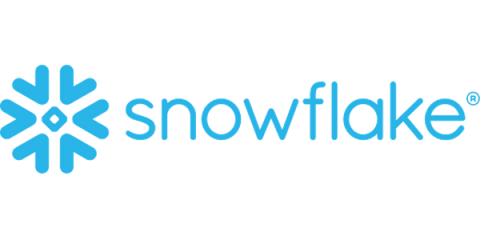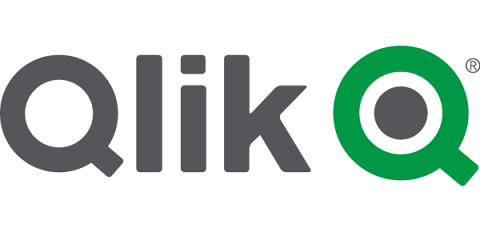NodeSource Brings arm64 Support to its Node.js Binary Distributions
NodeSource is excited to announce support for the aarch64 (ARM 64-bit) architecture in Enterprise Linux based distributions! It includes: In the last decade x86_64 was the dominant architecture in Enterprise Linux based distributions, but since 2018 there has been a significant increase in arm64 downloads. Also, big tech companies such as Apple and Amazon are adopting the arm64 processor.








